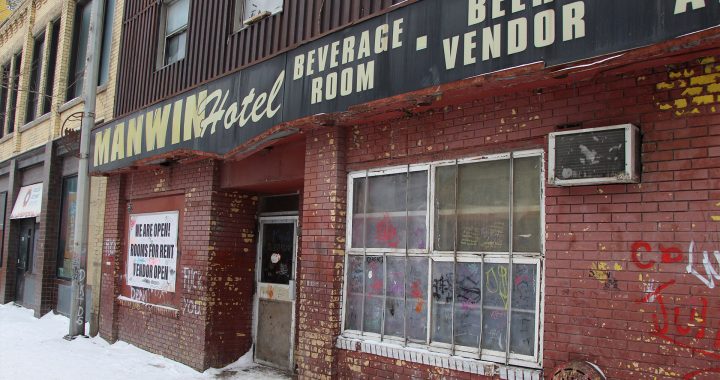Kim Pate has spent the past 35 years working in and around the legal and penal systems of Canada.
According to the independent Senator, things have only gotten worse.
“We have not dealt with the inequality and I think we have to deal with the economic, racial and gender inequality in this country,” says Pate, who was also the executive director of the Canadian Association of Elizabeth Fry Societies for more than two decades.
“We continue to push more and more people to the margins and will result in more people being victimized or criminalized.”
Pate has been part of a committee touring Canada’s prison systems.
In the last two decades, there’s been an explosion in the number of Indigenous women in the prison system.
Pate says during that time the percentage of Indigenous women in the federal prison population jumped to 40 percent from 10 percent.
She says the effects of colonization, the inter-generational impact of the residential school system, and the continuation of “state-forced removal of children” has contributed to putting more Indigenous people – particularly women – behind bars.
“When you create environments where people are increasingly less equal or more marginalized then you create a situation – as we’ve seen with Indigenous women in particular – (where) more (are) likely to go missing, be disappeared, be found murdered, end up on the street, end up in prison,” Pate says.
“So the very same issues that have contributed to women not having equal opportunities to live, thrive and be in a society are a part of what’s contributed to them being over-represented in prison.”
Pate joins host Dennis Ward on Face to Face where she also expressed her disappointment in the National Inquiry into Missing and Murdered Indigenous Women and Girls not making it into the prison system to speak with incarcerated women citing a tightened timeline.













